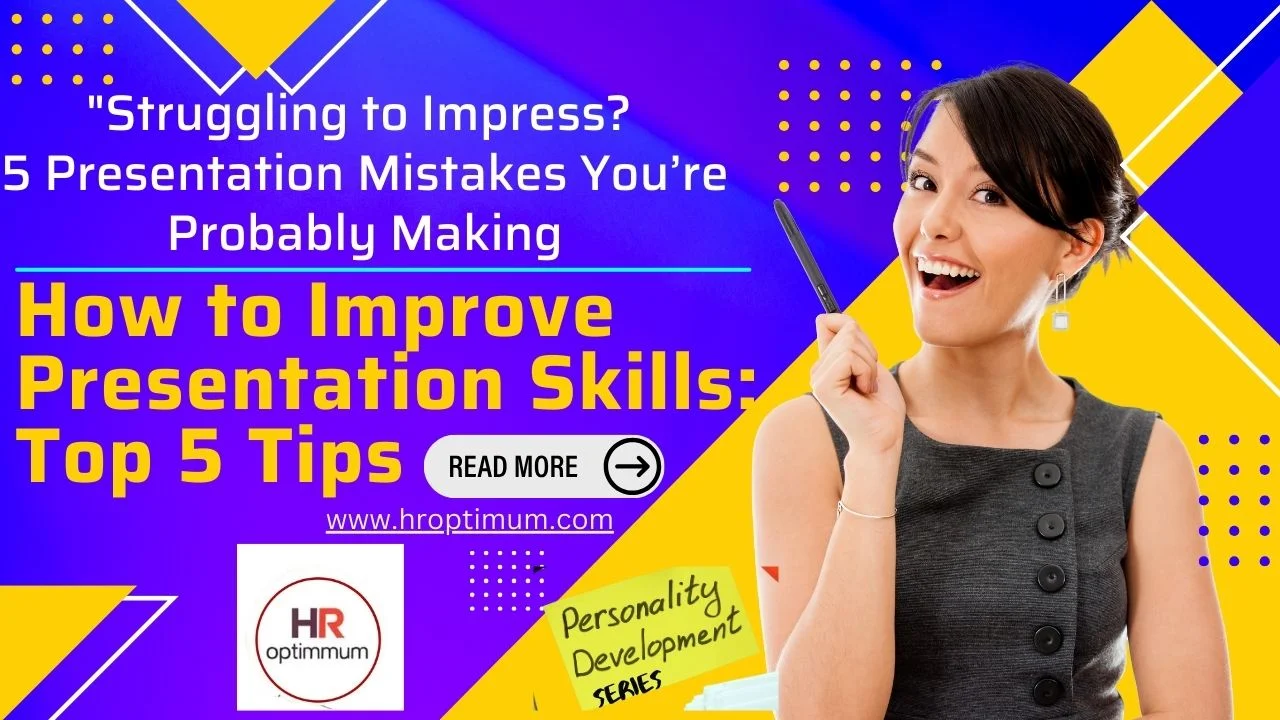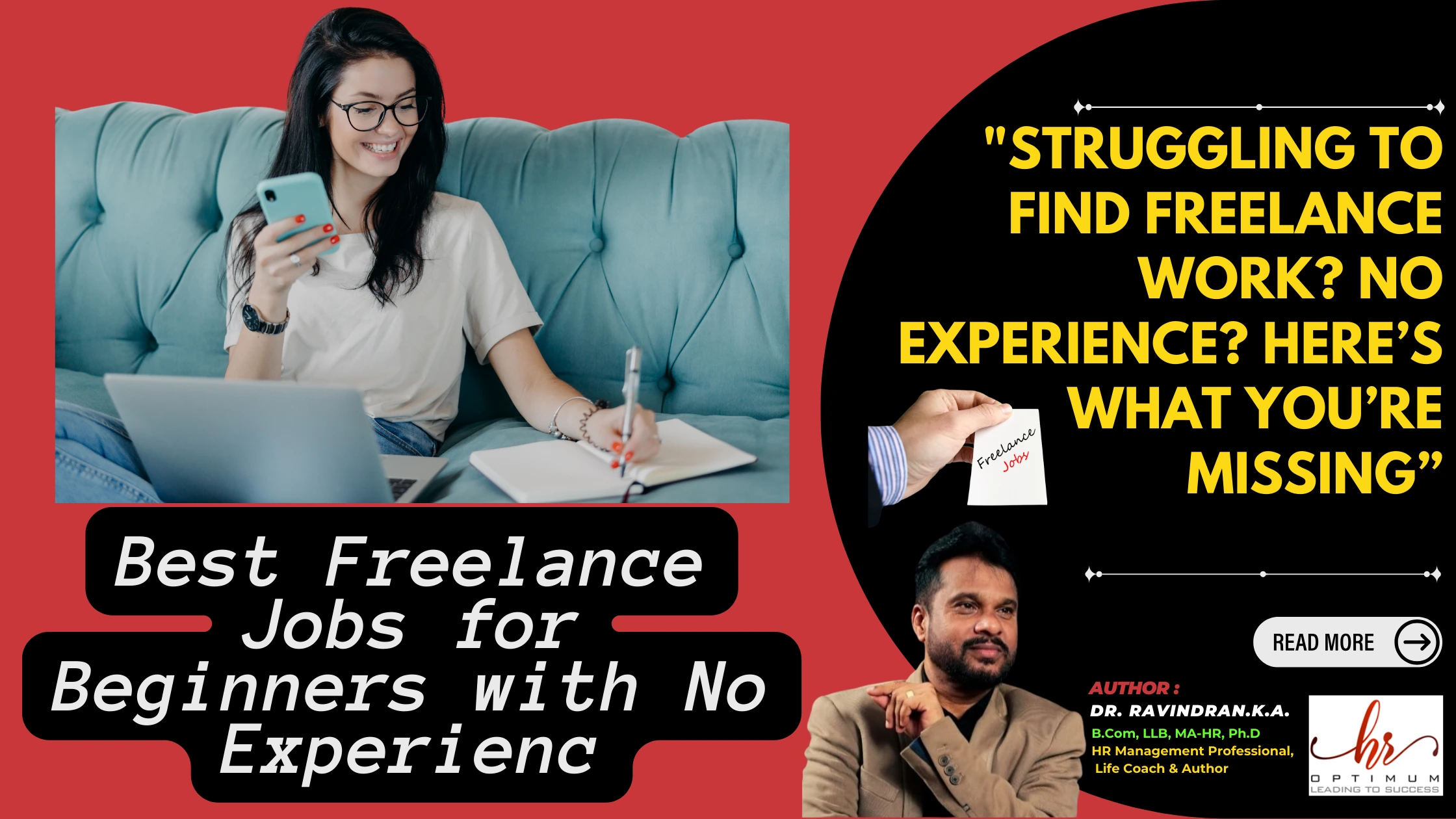Introduction: Why Interviews Make or Break Careers
You’ve sent dozens of resumes. Finally, the call comes: “We’d like to invite you for an interview.” Now what?
Thank you for reading this post, don't forget to subscribe!For most job seekers and students, interviews are the most stressful part of the job search. And it’s not just about answering questions—it’s about aligning your goals with the role, showing clarity, confidence, and preparation. Acing interviews doesn’t require luck; it requires strategy.
Common Interview Questions—and Practical Answers
Here’s a breakdown of frequently asked interview questions with smart, practical answers to guide you:
1. Tell Me About Yourself.
- What They’re Really Asking: Can you summarize your journey with relevance to this role?
- Good Answer: “I’m a commerce graduate with a passion for data and numbers. Over the past year, I’ve interned with two startups, working on Excel models and financial reports. I’m now looking for a role where I can continue learning while making real contributions in a finance-driven environment.”
2. Why Should We Hire You?
- What They’re Really Asking: Are you self-aware? Do you understand the job?
- Good Answer: “I combine real-world project experience with the curiosity to learn fast. I’ve already worked on similar tools mentioned in the job description and I bring energy, commitment, and a mindset to grow with the company.”
3. What Are Your Strengths and Weaknesses?
- Strengths Example: “I’m detail-oriented. I spot inconsistencies easily, which helps in roles requiring documentation or analytics.”
- Weakness Example: “Earlier, I hesitated to ask questions. But after feedback during my internship, I learned that asking the right questions early helps avoid errors later.”
4. Where Do You See Yourself in 5 Years?
- Show ambition with realism. “I see myself as a team lead, having learned the tools and systems here, and contributing to training newer team members.”
5. Do You Have Any Questions for Us?
Always say yes.
- “What does success look like in the first 6 months here?”
- “How does your company support employee learning?”
Key Practices to Prepare Like a Pro
- Research the Company
Understand their values, latest news, and key products. - Practice Out Loud
Mock interviews with friends or mentors can reveal blind spots. - Tailor Your Resume to the Role
Align your answers with your resume to avoid contradictions. - Be Honest, Not Overconfident
Interviewers appreciate authenticity more than perfection. - Dress the Part
In India, first impressions matter. Choose professional, role-appropriate attire. - Follow Up After the Interview
A simple thank-you email reiterating interest can give you an edge.
Real Example: A Job Seeker’s Turnaround
An engineering graduate from Pune struggled to get shortlisted. Once he started preparing answers specific to the job role (not generic ones), things changed. He cracked an interview with a mid-sized IT firm by tailoring his examples to their domain and asking thoughtful questions. His follow-up thank-you note sealed the deal.
Featured Quote: “Interviewing is not a test of memory, but a test of thinking on your feet.” – Richard Nelson Bolles, Author of What Color is Your Parachute?
Conclusion: Interviews Are Learnable Skills
Interviews are not meant to intimidate—they’re meant to identify fit. With clarity in your story, honest answers, and the right mindset, every job seeker can crack it.
Call to Action: Begin by writing answers to the top 5 questions above in your own words. Practice them aloud this week. Confidence comes with preparation.
FAQs: Interview Questions and Answers
Q1: What are the most common interview questions?
“Tell me about yourself,” “Why should we hire you,” and “What are your strengths and weaknesses” are among the top questions.
Q2: How can I prepare better for interviews?
Research the company, tailor your answers to the job role, and practice with mock interviews.
Q3: Can I fail an interview because of nervousness?
Not necessarily. Interviewers know nerves are natural. Clear thinking and authenticity matter more.
 hroptimum
hroptimum




